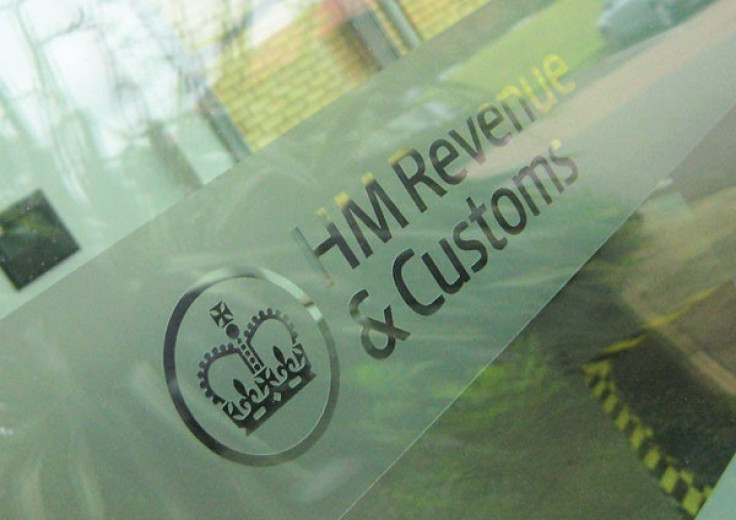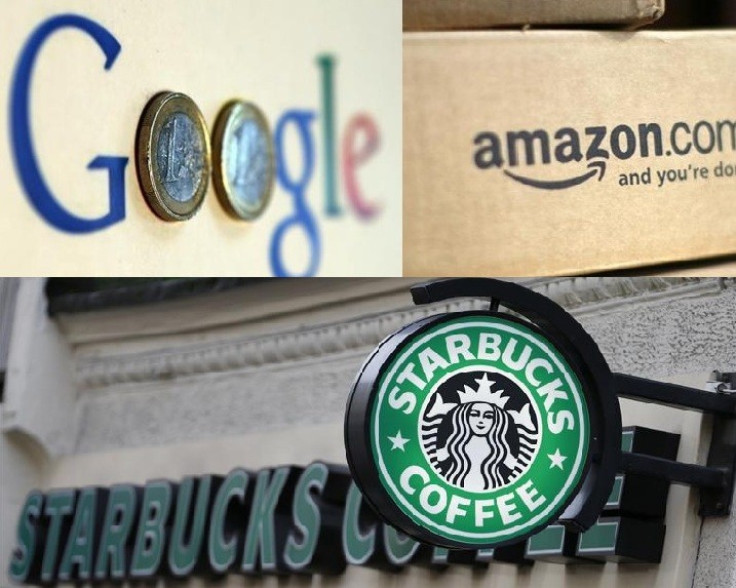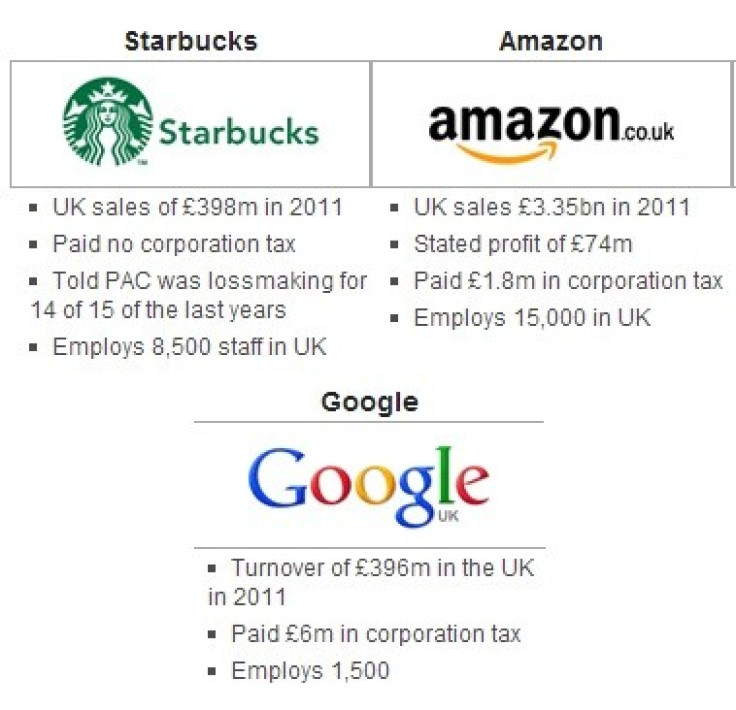UK Tax Avoidance: HMRC Spots £1bn in Potential Unpaid Big Business Tax

The UK tax authority revealed a sharp increase in potentially underpaid revenue from some of the country's largest businesses after identifying a number of tax avoidance methods that companies use in order to pay less.
According to figures from a Freedom of Information Act request cited by law firm Pinsent Masons, Her Majesty's Revenue and Customs saw that a large number of companies had used artificial intercompany transactions to "inappropriately reduce taxable profits" at an increase of 48 percent year on year.
As of 31 July 2012, the amount of 'tax under consideration' from large businesses, in relation to these tax avoidance methods including transfer pricing and reporting thin capitalisation, stood at £1bn ($1.6bn, €1.2bn) compared with £680m a year earlier.
'Tax under consideration' is the amount of tax HMRC estimates is owed by big firms, led by its Large Business Service which focuses on 800 of Britain's largest companies.
Transfer pricing concerns the charges made between the different parts of an international business for goods, services, or intangible assets such as Intellectual Property, which can affect the profits reported in different markets.
For example, multinational companies including Amazon, Starbucks, and Google have been accused of deliberately transferring profits from the UK to lower tax jurisdictions to reduce their UK tax liability.
"There has been a lot of public discussion around companies' UK tax bills, and these figures show that HMRC has been taking an increased interest in where multinationals with UK operations pay their taxes. With increased pressure from the government to bring in more revenue, and more resources to investigate potential avoidance and evasion, HMRC has been investigating more and more tax payments. This doesn't necessarily mean there is more avoidance or evasion taking place, but that HMRC is being more thorough with its investigations," says Heather Self, partner at Pinsent Masons.
Despite the increase in transfer pricing, Pinsent Masons adds that calls for law changes to prevent 'abusive' transfer pricing by multinationals, or for taxes on revenues rather than profits, are a knee-jerk reaction - and that such changes could be prevented by international law.
"The UK has to accept that it cannot change the law on transfer pricing or the taxation of revenues unilaterally. There is already a tax on turnover in the UK and it's called VAT. European Union law does not allow the UK to create new turnover taxes," says Self.
"Rules on transfer pricing are set by the Organisation for Economic Co-operation and Development and while they could do with some reform, that process is actually already under way," she adds.
An HMRC spokesperson was not immediately available when contacted by IBTimes UK.
At the beginning of this year, Pinsent Masons also revealed that the HMRC is cracking down on individuals it suspects are evading or avoiding taxes, wherever their assets are in the world, by issuing 640 requests to foreign tax authorities for information on UK taxpayers.
"Taxpayers hiding assets from HMRC overseas are running out of places to hide. HMRC will use every tool in its arsenal to find out where people have assets," says Phil Berwick, Partner at Pinsent Masons.
The Good, the Bad and the Ugly? : Starbucks, Google and Amazon

The report comes at a time when a number of the world's largest companies fell into the spotlight in the UK for paying apparently very little tax, compared to their market worth.
The Public Accounts Committee, which monitors government financial affairs, invited Starbucks, Google and Amazon to give evidence regarding the matter, in order to determine whether the companies had paid enough to HMRC or that their tax avoidance methods were "too aggressive".
Last year, reports revealed that Starbucks has paid just £8.6m in taxes on £3bn sales in the UK since 1998, and it has paid no corporation, or income, tax in the country in the past three years.
Technology behemoth Google also only paid £3.4m in UK taxes in 2011, despite reporting £2.5bn in UK sales and a group-wide profit margin of 33 percent in 2011.
Meanwhile, Amazon's main UK unit paid less than £1m in income tax in 2011, while its UK sales totaled between £3.33 and £4.53bn.

However, after systematic uproar from the public and policy makers and pressure from the companies in question to divulge all their company tax practices, Starbucks, Amazon and Google became subject to a probe over tax avoidance.
Politicians have since criticised Google and Amazon for manipulating transfer prices to shift profits into low tax jurisdictions, such as Luxembourg.
However, in December last year Starbucks reached a deal with HMRC to hand over around £10m each year for the next two years in corporation tax, more than it has paid in total over the past decade.
The agreement came just after it was determined that Starbucks reduced taxable profits at its European subsidiaries by piling debt onto the units.
Despite the deal, IBTimes UK has revealed how much more complex the tax debate is than at face value.
READ: Tennis Anyone? Britain's Tax Debate Needs a 'Hawk-Eye' Replay
© Copyright IBTimes 2024. All rights reserved.






